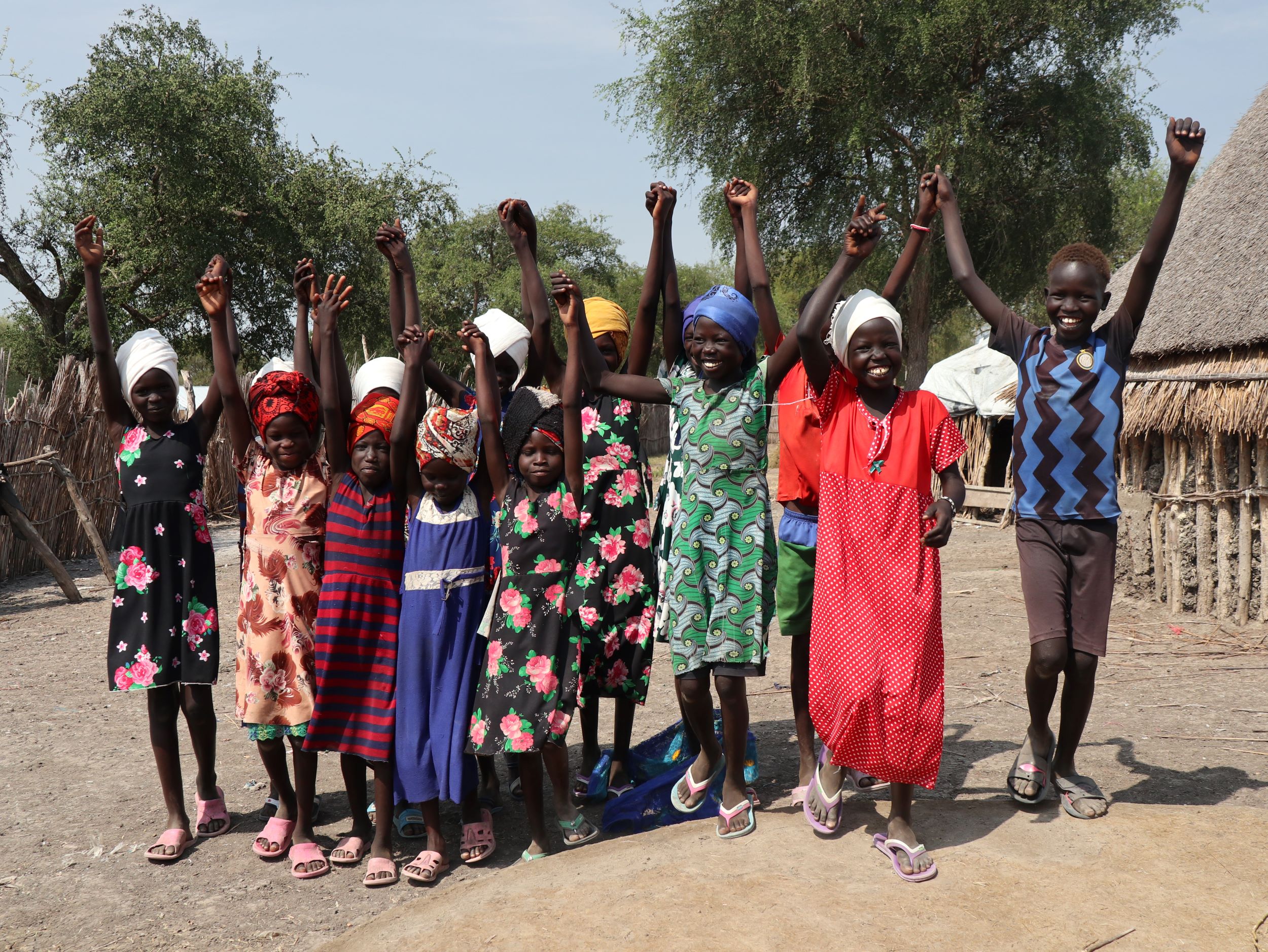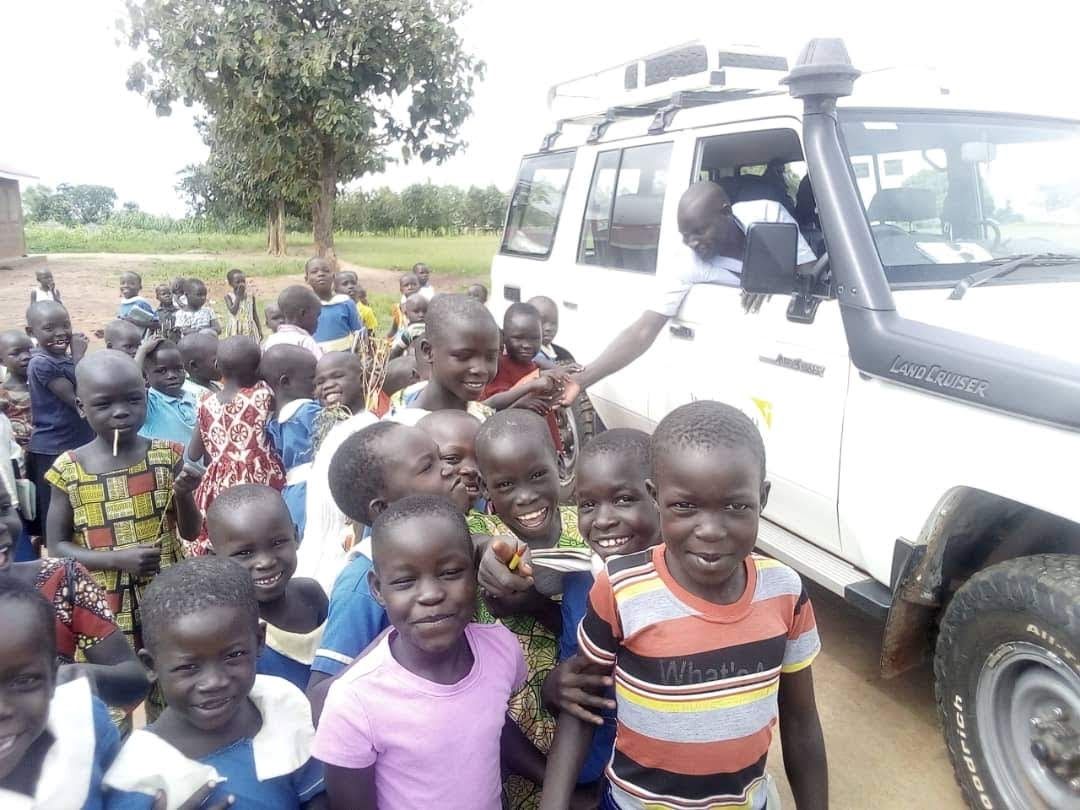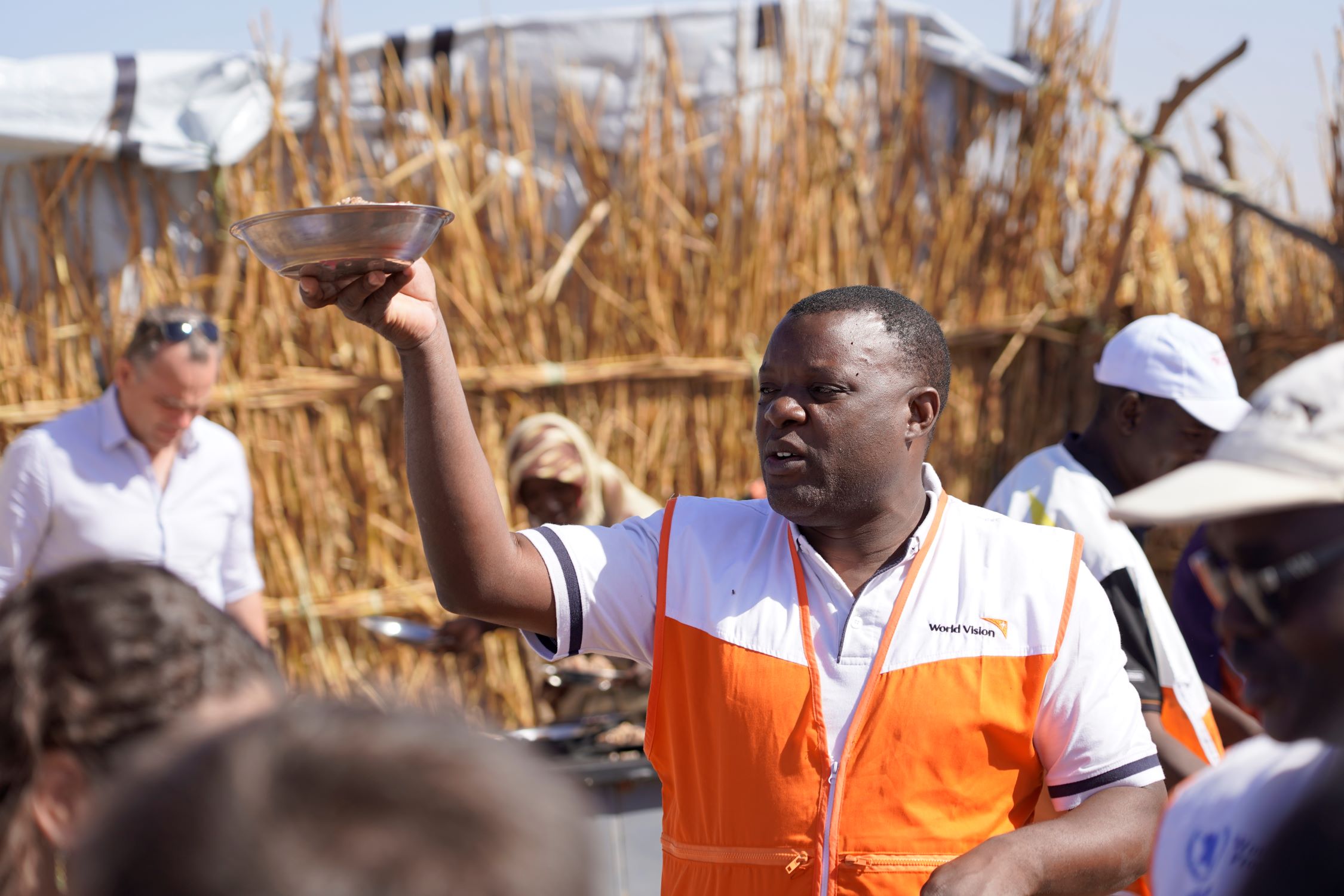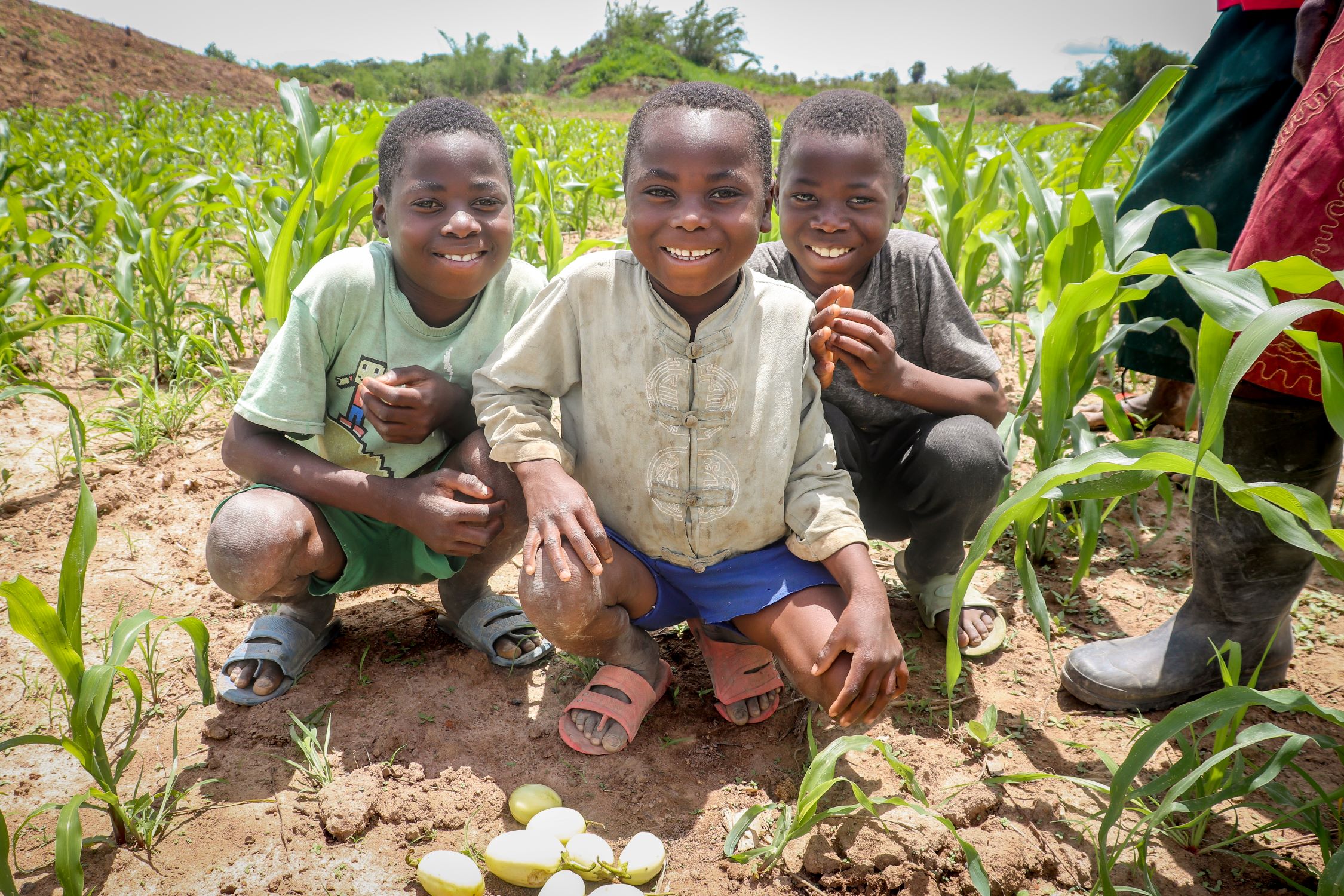
Living Together in Peace
A story of hope when many are experiencing upheaval due to conflict and violence
Tuesday 16 May is the UN’s International Day of Living Together in Peace. Observed annually, this day is an opportunity to reflect upon and promote worldwide peace and unity.
Adopted in a 2017 resolution, the day reflects the United Nations Charter, which includes in its mandate, “to practice tolerance and live together in peace with one another as good neighbours”.
War and conflict persist in many parts of the world today. Most recently, violence and fighting in Sudan has led to hundreds being killed, thousands injured and more than 100,000 people fleeing to neighbouring countries.
According to UNHCR there are currently a record 103 million “forcibly displaced people” worldwide. A staggering one in every 78 people on the planet has fled their home in search of safety and stability. Not all have fled because of war, but the top five countries, which represent 72% of all displaced people, are each experiencing varying degrees of conflict, unrest and violence, forcing people from their homes.
Syria, Venezuela, Ukraine, Afghanistan and South Sudan represent 72% of the world’s displaced people.
Hijacked in Northern Uganda
Kenneth Kaunda’s story is one that ends in hope and happiness. As a World Vision staff member, he’s in a unique position; he’s helping refugees and he knows exactly what it’s like to be forced from home.
Growing up, Kenneth lived a comfortable life with his siblings and parents in Northern Uganda – but it all changed in an instant one Sunday morning in August 1997.
As part of their routine, 12-year-old Kenneth and his 18-year-old brother, Samuel, left home to go and collect sugar cane from a nearby family garden. On their way, they were hijacked by the Lord’s Resistance Army, a rebel group that wreaked havoc in Northern Uganda in the 1990s.
“As we walked through the tall grass on the road leading to the garden,” says Kenneth, “a man jumped out of the grass and pointed a gun at me. I was startled. He asked me not to move or else he would shoot me.” Kenneth’s brother managed to sprint and escape but Kenneth couldn’t—the gun was right at his forehead.

Traumatising events
Kenneth was captured. He endured the next three months in the jungles of Northern Uganda, towards the South Sudan border, amongst gun and machete-wielding men. “We would walk for long journeys, sometimes without food. We carried guns and other heavy loads. I witnessed a lot of terrible and traumatising events for the time I was there, but God was always on my side. Some of my colleagues died but I managed to stay alive.”
Escape
Many of Kenneth’s colleagues, who attempted escape, were killed. But that didn’t stop him from trying to find a way out of his nightmare.
As his group approached the South Sudan border, Kenneth was determined to escape. When the opportunity arose, he took it. “I was left alone to watch, from the top of a tree. That’s what we, the young boys usually did, to keep the team informed in case of any approaching forces. My partner, the one supposed to watch me, got so hungry and went to look for food, I was sure this was my best chance.”
Kenneth crept out of the tree and ran without looking back. He ran for six hours straight, until dusk.
“I found an old man, who helped me,” he says. “My legs were swollen, I was thirsty and hungry. I stayed there for the night, and continued moving the next day.”
World Vision support
Kenneth was taken to a military barracks where he stayed for almost a month, together with 400 others, mostly women and children. He then went to a World Vision-supported Children’s Rehabilitation Centre for psychosocial support.
“I received a lot of support from World Vision for my recovery process. I later recovered from all the war distress, and even resumed school,” he says.
Kenneth recalls how bright he was as young boy, always among the top five in his class, with dreams of becoming a journalist. “After the abduction, I started to struggle at school. I saw a lot… too much, in the bush.”
Kenneth’s grades started to decline, and he could barely concentrate in class. “What you see as a young person usually doesn’t leave your head,” he says. “The thoughts kept coming and this affected my studies a lot. Besides, school was on and off because the area was still in chaos.”
Being abducted cost Kenneth his childhood and made him miss out on his dream.
“I was forced to stop in Senior four. I then decided to join driving school. If I had remained at school, and if I had not seen all that I saw in the bush, maybe I would have completed university and become a journalist,” he says.
A new dream
In 2007, Kenneth completed his professional driving course and three years later he got his first job as a driver for a non-governmental organisation in his home district. In February 2015, Kenneth became a happy man when he got a job at World Vision, the same organisation that had supported him to overcome thoughts of a terrible past.
“I had always dreamt of working for such an organisation. I applied six times but in vain. When I finally got the job on my seventh attempt, I was the happiest,” says Kenneth.
He is a driver for the recently concluded Animal Gift Project in two Ugandan refugee camps. The project provided chicken and goats to thousands of households, to enhance income and nutrition. Kenneth’s role mostly involved supporting staff during visits but he couldn’t be more thrilled. “I am happy to have been part of this project that helped this many people. From the income raised, I saw parents buying food, books and pens for their children, to keep them in school. I was very inspired.”

Supporting displaced children
This International Day of Living Together in Peace, there are over 36 million children worldwide who have been forced from their homes. Like Kenneth, they were forced to leave everything. They’re escaping impossible situations, heading into the unknown. All they want is home – safety, stability, friendship.
World Vision supports vulnerable displaced children with safe zones, providing a sense of stability, care and belonging in the middle of chaos – a place to be a child. We also provided psychosocial and mental health support as well as essentials such as food, water and sanitation, and healthcare.
Please consider making a donation today to help children survive, recover and build a future.



